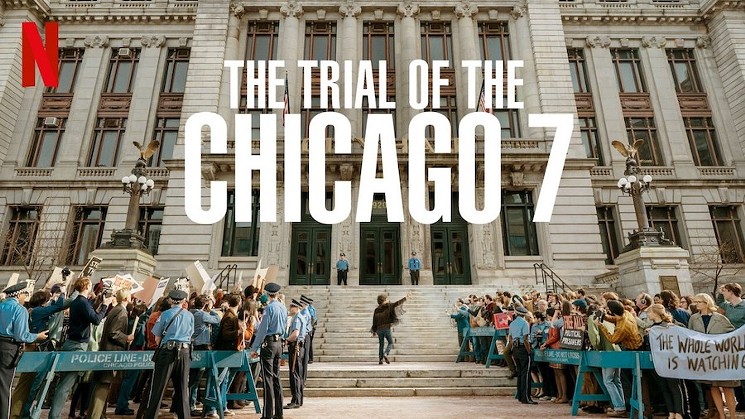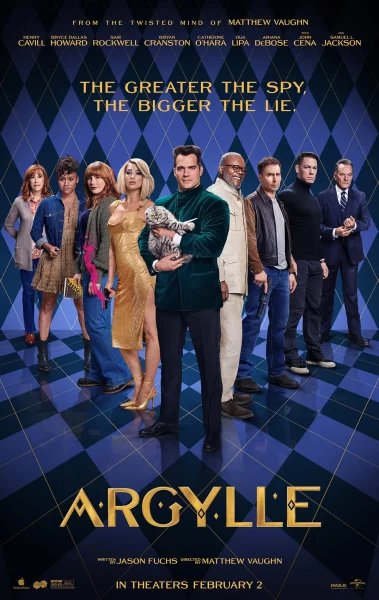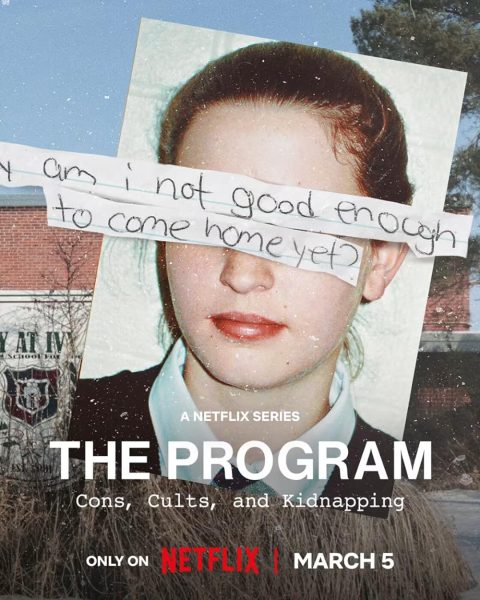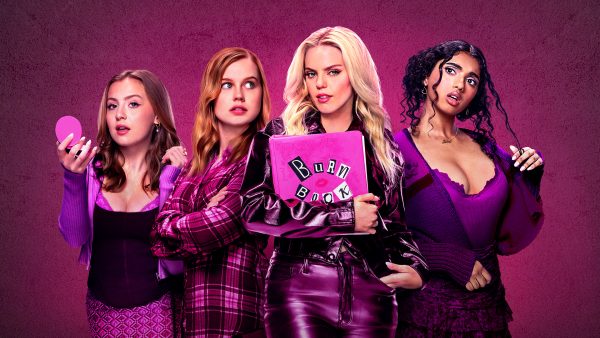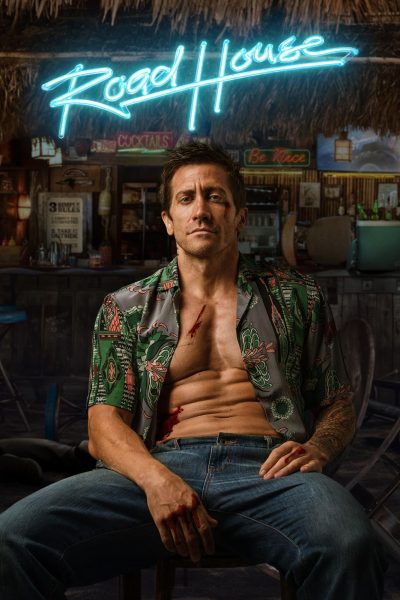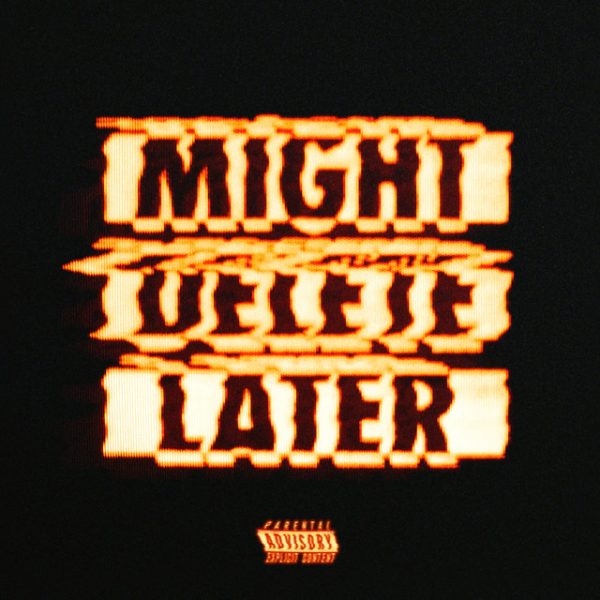Netflix revives historic 1968 trial
Netflix’s drops its new courtroom drama based on the Chicago Seven
photo via Netflix Written and directed by Aaron Sorkin, the film follows a group of anti-Vietnam War protesters as they stand trial after being charged with conspiracy and crossing state lines with the intention of inciting riots at the 1968 Democratic National Convention. The Chicago Seven are all from different backgrounds and belong to separate organizations, but in the eyes of the prosecution and Judge Julius Hoffman, they are all the same—members of the “radical left.”
October 28, 2020
Over the past few years Netflix has become a streaming service goliath. With over 170 million members worldwide, the company continues to produce and release original movies and TV series that draw in audiences of all ages. “Trial of the Chicago 7”, which dropped on October 16, is a fantastic example of this.
Written and directed by Aaron Sorkin, known for his work on pieces like “A Few Good Men,” “The West Wing” and “Moneyball,” the film follows a group of anti-Vietnam War protesters as they stand trial after being charged with conspiracy and crossing state lines with the intention of inciting riots at the 1968 Democratic National Convention. The Chicago Seven are all from different backgrounds and belong to separate organizations, but in the eyes of the prosecution and Judge Julius Hoffman, they are all the same—members of the “radical left.”
The 1968 Democratic National Convention was held in Chicago to select the parties’ presidential candidates for the coming November election. Riots, marches and rallies took place just blocks away from the convention site. These gatherings were mainly in protest of President Lyndon B. Johnson and his Vietnam War Policies. The Chicago Seven were the first people tried under the first Federal anti-riot law, which was introduced with the passage of the 1968 Civil Rights Act. All previous anti-riot laws were at the state and local levels.
“Trial of the Chicago 7” shines a light on one of Sorkin’s biggest strengths—courtroom and political dramas. With fantastic writing and eye catching cinematography, Sorkin turns what could have been bland trial and sentencing scenes into a work of art. Original pieces of footage from historical 1960s events, like the assassinations of Bobby Kennedy and Martin Luther King Junior and the draft and deployment of American troops to Vietnam, are weaved throughout the film, which helps bring the story to life.
One thing made clear at the beginning of the film was that the government had no case against the main characters and whether it was true or not, this theme was consistently emphasized throughout the movie in the form of Youth International Party leader Abbie Hoffman (Sacha Baron Cohen). Hoffman repeatedly expresses his concern that he is being used as a pawn in a pre-decided political trial, instead of receiving a fair civil or criminal trial. He protests this by interrupting the trial, and cracking jokes at inappropriate times. Because of this, Hoffman is hit with a multitude of contempt of court charges, as are the other members of the defense. In addition to bringin some much needed comic relief to the trial, Cohen’s character tells part of the story through his stand-up routine. These shots take place many years after the trial, and show the case through the eyes of one of the key defendants.
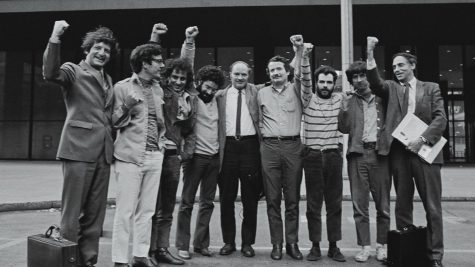
The Chicago Seven were the first people tried under the first Federal anti-riot law, which was introduced with the passage of the 1968 Civil Rights Act. All previous anti-riot laws were at the state and local levels.
Tom Hayden (Eddie Redmayne) seems to be one of the only members who respects and follows the rules of the trial. His goal is to defend himself against the charges, rather than trying to start a cultural revolution or make a political statement. When the seven members agree to sit as Judge Julius Hoffman (Frank Langella) enters the room as a form of protest, Hayden is the only one who stands. However, in the final scene of the movie, viewers are able to see how Redmayne’s character has developed as he reads the closing statements for the defense. Judge Hoffman urges Hayden to keep his statement brief, respectful and remorseful. Hayden restates the Judge’s requests to show he understands before beginning to read off the names of every American soldier killed in Vietnam, signifying that the trial is no longer about him or his fellow defendants but rather a sign of protest against the war and respect for the troops in southeast Asia. This act causes the entire courtroom to stand in respect, including Federal Prosecutor Richard Schultz (Joseph Gordon-Levitt). While this scene never actually happened during the trial, the dramatic and climactic aspect of it adds to the story.
At the end of the movie, viewers learn that Abbie Hoffman, Tom Hayden, David Dellinger, Jerry Rubin and Rennie Davis were all found guilty of incitement to riot and each sentenced to five years in federal prison. All seven were acquitted of conspiracy. However, during the trial, Judge Julius Hoffman sentenced each of the defendants to lengthy sentences for contempt of court. The verdict was reversed by the Seventh Circuit Court of Appeals and a new trial was ordered. The U.S. Attorney declined to re-try the case.
“The Trial of The Chicago 7” was a fantastic look into the historic trial that helped shape part of the early 70s.The film’s all-star cast lead the way in bringing Sorkin’s dramaticized adaptation to life. Even though Netflix’s re-telling strayed a bit from reality, I still think they did an outstanding job of creating a movie that keeps the audience on the edge of their seats.
4.5/5

